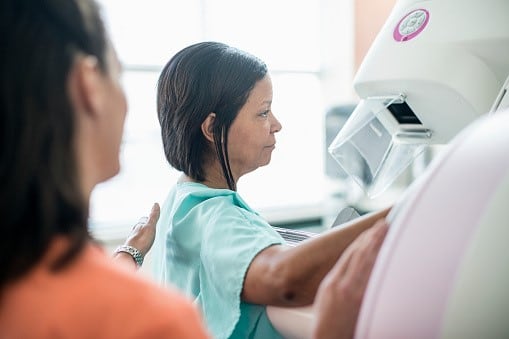Having a healthy, rewarding sexual relationship is one of the great joys of life. Sex helps you maintain intimacy with your partner and it delivers a surprising number of health benefits, including lower blood pressure, a healthier immune system and a lower risk of heart attack.
Yet, like so many of things that we enjoy, the daily pressures of life — challenging relationships, stress and health problems — can kill sexual desire in women of all ages and backgrounds. But generally, hypoactive (a lack of) sexual desire is poorly understood in men as well as women, especially black women.
More than 40 percent of women report a lack of sexual desire, with one recent study finding that rates were slightly higher in black women than other groups. A 2014 study of nearly 2,000 women, ages 45 to 80, had the opposite finding. In that research, black women were more likely to report moderate levels of sexual desire over the lifespan than white women. Ultimately, what really matters to most women is whether they are able to have satisfying relationships with their husband or partner. That is the purpose of the new drug Addyi.
Last week, the Food and Drug Administration (FDA) approved , a medication made by the female-owned pharmaceutical company Sprout. The drug is intended to improve desire in women who do not have underlying physical or psychological problems that may reduce interest in sex. The approval only addresses premenopausal women, but one study found that the drug is also moderately effective in postmenopausal women. The problem, many health advocates say, is that sexual desire may be too complex to be addressed with a pill, and Addyi has significant side effects.
How Addyi Increases Desire
Touted as the new Viagra, Addyi is anything but. Viagra addresses erectile dysfunction in men who want to have sex, but cannot achieve or maintain an erection. It by increasing the blood flow to the penis, not increasing desire. When Viagra hit the market, some physicians tried prescribing it off-label for women to see if increased blood flow would help increase female desire. It did not.
Addyi takes a very different approach. The little pink pill that has the whole world talking is a non-hormonal treatment that works on the neurotransmitters in the brain, specifically , which contributes to happiness and well-being; dopamine, which controls the brain’s reward and pleasure centers; and norepinephrine which regulates blood pressure.
In other words, Addyi works like an anti-depressant. That’s no surprise because Flibanserin was originally developed as an antidepressant. The drug had been presented for FDA approval before and failed. This time, a coalition of women’s health groups called Even the Score and 24 other organizations, including the Black Women’s Health Imperative, packed the FDA hearings on the drug with protestors demanding that something be approved to help women deal with limited sexual desire in the same way that drugs such as Viagra and Cialis help men.
The Bottom Line
Sprout reports that Addyi increased sexual desire for 53 percent of women in its trials. The FDA has approved it as safe in a single, 100 mg dose, but it comes with a serious (package box) warning.
Prescription only Addyi may cause dangerous side effects. Of particular concern are the drug’s ability to lower blood pressure, possibly leading to dizziness or fainting, and Addy’s interaction with alcohol — you cannot drink and take Addyi. The drug also interacts with a long list of medications, including treatments for HIV/AIDS, Hepatitis C, high blood pressure and cardiovascular disease. (It will not increase your risk of breast or uterine cancer.)
Women who want to try Addyi (available in October) should begin by talking with their doctor about their personal health risks. No one should suffer with sexual dysfunction, but Addyi may not be the safe solution for everyone.









